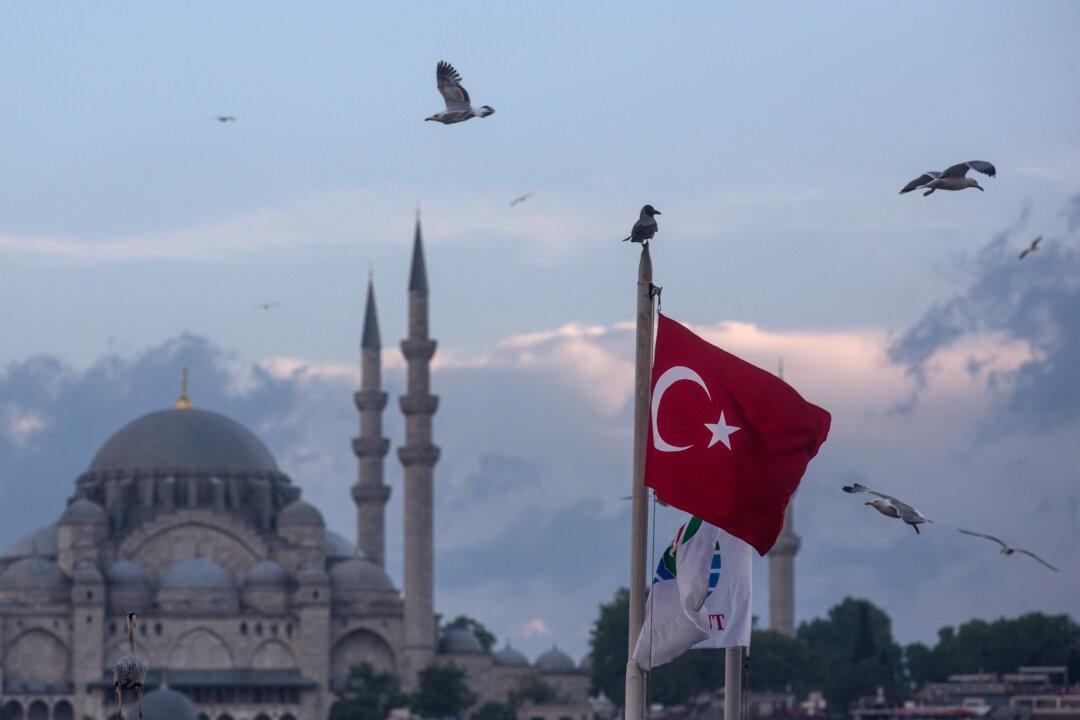The foreign minister of Turkey summoned the U.S. ambassador in Ankara to protest President Joe Biden’s decision to designate as genocide the killing and deportation of Armenians by the Ottoman Empire.
Turkish Deputy Foreign Minister Sedat Onal met with U.S. Ambassador David Satterfield late on April 24 to condemn the declaration.





